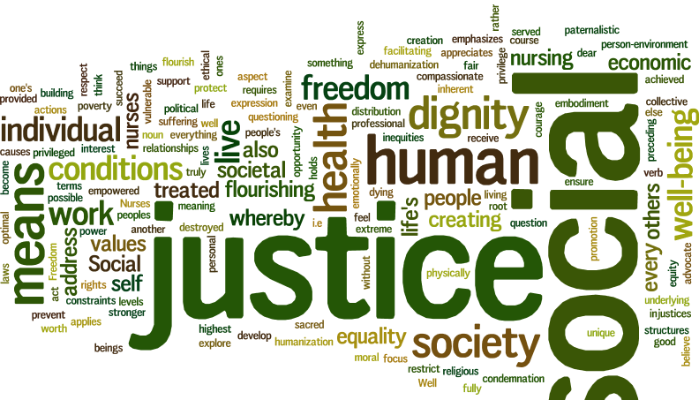Thoughts on Positional Leadership in the Fight for Social Justice
In the midst of ongoing tragedies with racial injustice and inequitable policing of marginalized communities, we have seen the continuous and necessary rise of voices and communities in the fight for social justice. On the morning of July 12th of 2016, Jeff Johnson challenged listeners to prepare to engage in WAR on the Ricky Smiley Morning Show. He argued engaging in WAR included the following:
Wisdom – Required to master your individual gifts or strengths.
Architecture – A commitment to building your community, through building people, families, companies, churches, organizations, etc.
Revolution – Vision and preparation to rebuild something new after you’ve toppled the existing structure; Having vision for the future you desire.
His words caused me to think much about the role of “positional leadership” in the contemporary fight for social justice. We all know that your position does not inherently make you a leader! Leaders lead regardless of position! PERIOD.
At the same time, it is important that we (especially those of us often pushed to the margins of society) seek after certain positions. With positions often comes the power, the leverage, the latitude, the exposure, the money, and the platform to advocate for sweeping change, to elevate voices that are often deliberately ignored, and the security necessary to do so without fear of retaliation (to a certain extent). The petition to get Jesse Williams fired from ShondaLand (following his powerful speech at the 2016 BET Awards), and Shonda’s prompt and ubothered “girl bye” response demonstrated this reality. Her positional leadership afforded her the ability to both take a stand (with Jesse and therefore in alignment with his words) and continue to do her thing in regard to television.
This is not to say that she did not lose viewers, and I am sure she received push back, perhaps some hate mail, and maybe even had an argument or two with colleagues, but ultimately she could do what she wanted. I also acknowledge that some positions (e.g. POTUS) come with such great scrutiny, that you often feel as if you are in between a rock and hard place, which may challenge one’s ability to lead in the direction one feels most important. Throughout it all, I am not arguing that we all seek after positions, but I am acknowledging the power in them. Furthermore, I am acknowledging that we all have a position to play in this fight for social justice and social change!
Michelle Alexander iterates this point when she reflects on the continued importance of the Civil Rights Movement and those who walked miles to and from work during the Montgomery Bus Boycotts from 1955-1956. In her response to the videos of Alton Sterling and Philando Castile being killed by the police, she says “What it means to walk today will be different for different people and different groups and in different places.”
Thinking about what Johnson said on the morning show about wisdom and architecture in particular, and what Alexander wrote about figuring out what our own “walk” is. I want to charge us all with this:
As we are collectively rising with power and community in the fight for social justice, how are we being wise in cultivating and using our individual gifts in the fight for social justice? How are we cultivating the gifts in others through the building of our people, our leaders, and our communities? We all have a stake in this fight and we all have a role to play, but our positions, or our roles, are not and can not be exactly the same. Know your role and get to it!
“It’s such a great challenge to not only become better ourselves, but also to determine how we can position ourselves to help others become better too.” – Lauren McKenzie

